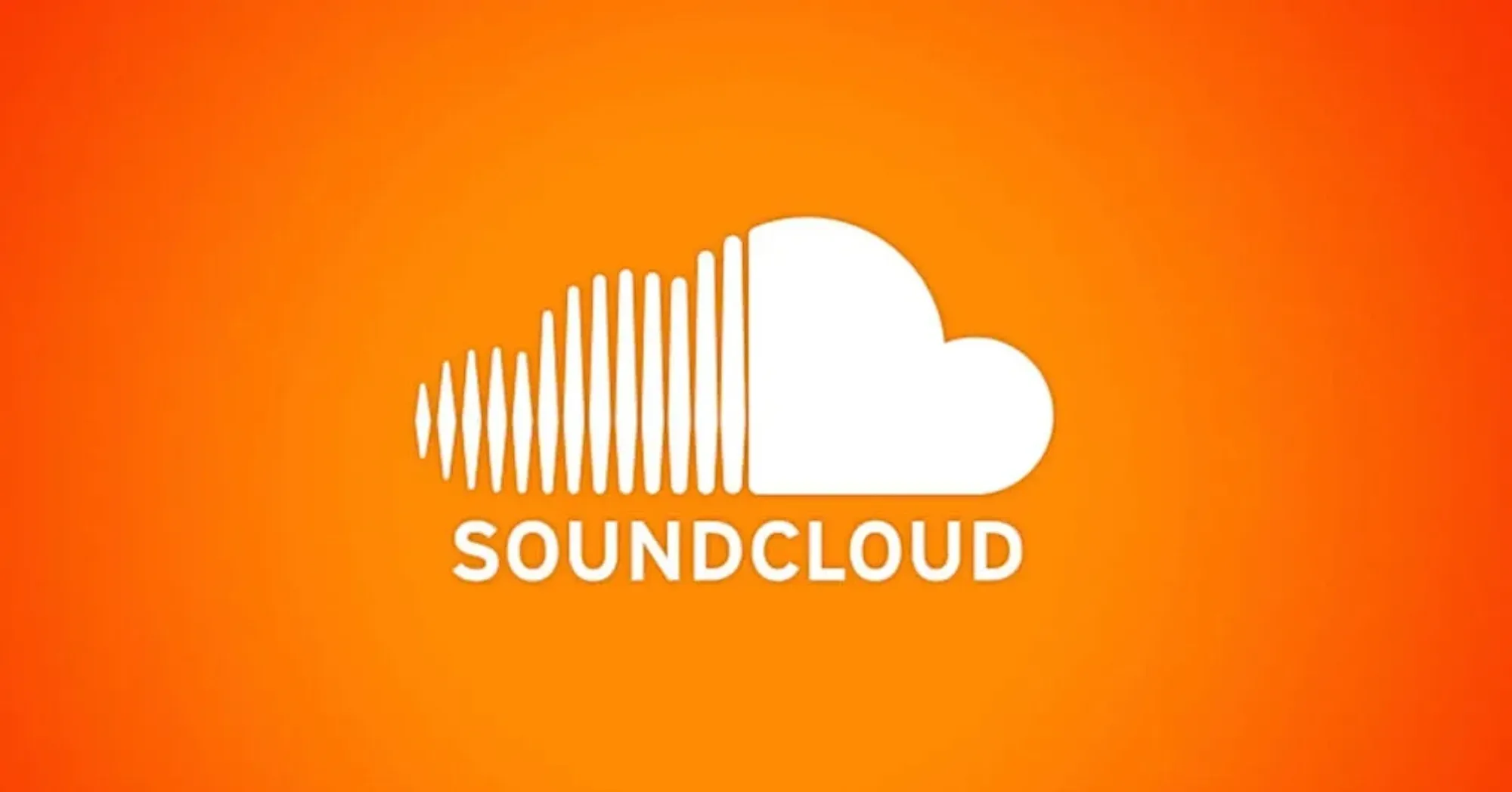clear sky
SoundCloud didn’t just disrupt the music scene—it completely reshaped it. What started as a simple upload-and-share platform is now a major destination for artists trying to build a name without the help of record labels. These days, artists can go from bedroom recordings to viral sensations, all thanks to clicks, comments, and shares.
We no longer wait for music critics or radio stations to tell us what’s good. Instead, we scroll, listen, and decide for ourselves—often guided by the numbers we see next to each track. In this new era, digital engagement has become the heartbeat of music discovery.
Back in 2007, SoundCloud launched with a clear mission: help creators share their music directly with fans. Fast-forward to now, and the platform has become a cultural touchstone for independent artists across the world. Artists like Post Malone, Kehlani, and Billie Eilish all had humble beginnings on SoundCloud. They didn’t come up through traditional music industry pipelines.
Instead, they posted their tracks, built loyal followings, and let the community decide what hit and what didn’t. SoundCloud gave power to the listeners—and that’s made all the difference. Music fans became tastemakers. Suddenly, going viral didn’t require radio play. It just required clicks, shares, and a bit of algorithm luck.
On SoundCloud, four main metrics matter: plays, likes, reposts, and comments. Together, these signals drive a track’s visibility and popularity. Each play tells the platform someone hit “listen.” But that’s just the beginning. A like shows appreciation. A repost gives the track new reach. A comment sparks conversation.
These actions work like fuel, telling SoundCloud’s system that the track is gaining momentum and deserves a wider audience. Furthermore, when users stumble upon a track with thousands of plays and likes, it immediately looks legit. Even if they’ve never heard of the artist, those numbers create trust. Consequently, this makes users more likely to give the track a chance—and possibly engage with it themselves.
In short, engagement isn’t just a reflection of popularity. It’s often what creates it in the first place.
Let’s talk about what likes really mean. A like is more than a click. It’s a signal—one that says, “I enjoyed this.” And when many people send that signal, it creates a wave of social proof that influences future listeners. This is where psychology steps in. We’re wired to trust group approval. If we see a track with 50,000 likes, we naturally assume it must be worth our time.
In contrast, a great song with only a handful of likes might get skipped over simply because it doesn’t look popular. In addition, likes give the artist confidence. They act as encouragement, feedback, and validation. But more importantly, they help the track move up in visibility. Every like boosts a song’s perceived value—not just to listeners but to SoundCloud’s algorithm as well. So while likes may seem small, their impact is anything but.
SoundCloud is packed with talent. Thousands of new tracks get uploaded daily. Therefore, standing out takes more than just good music—it takes strategy. Many new artists start by analysing when their target audience is most active. They time their posts accordingly. Others team up with similar creators to tap into each other’s fan bases. Some artists run giveaways or contests to drive interaction and build buzz around a release.
And yes, a growing number of artists also choose to buy SoundCloud likes as part of their early momentum strategy. This isn’t about gaming the system. It’s about getting over that first big hurdle—visibility. Think about it this way: even a great song can go unnoticed if it’s buried under newer uploads. By boosting initial engagement, artists give their track a fighting chance to be heard and shared organically. Moreover, early likes can spark real engagement. Once a track appears popular, real users become more likely to listen, like, and repost. In this sense, buying likes isn’t faking it—it’s amplifying potential.
Still, this strategy works best when paired with quality content. Because numbers might get attention, but the music needs to keep it.
There’s definitely debate around engagement tactics like buying likes. Some people see it as dishonest. Others view it as a smart investment—especially when trying to compete with already-established artists. So who’s right? Well, both sides have valid points. On one hand, transparency matters. Nobody wants to feel tricked into thinking a track is popular when it’s not.
On the other hand, almost every industry uses some form of visibility boost to attract attention. Ads, shoutouts, sponsored posts—it’s all part of modern marketing. What matters most is what happens after the boost. If the content doesn’t hold up, the numbers won’t mean much. Listeners can tell when something’s genuine. They’re not just looking at likes—they’re listening for quality.
So while buying engagement can help artists get noticed, it shouldn’t be the endgame. Instead, it should be one step in a broader, more authentic growth plan.
There’s no shortcut to building a real fanbase. But there are ways to grow that don’t rely solely on metrics. For starters, artists should engage directly with their listeners. That means replying to comments, reposting fan shoutouts, and asking questions to start conversations. Moreover, collaborations work wonders. Partnering with other musicians introduces each artist to new audiences. It’s a win-win that boosts credibility while creating fresh content.
Consistency also matters. Uploading regularly—even if it’s short snippets or behind-the-scenes content—keeps followers engaged and coming back for more. In addition, encouraging users to like, repost, and comment actually helps. Sometimes, people just need a little prompt. A quick “Let me know what you think!” in the description can go a long way. When artists focus on building real relationships, the results are often deeper and more lasting than any metric alone.
Engagement metrics—plays, likes, reposts, and comments—matter. They help music get discovered. They influence how users think about a track before even hearing it. And in many cases, they can jumpstart a career. However, they’re just the beginning. Real success comes from making great music, showing up consistently, and creating a community around your work. Visibility might open the door, but authenticity is what keeps people around.
So if you’re an artist: don’t ignore the numbers—but don’t let them define you, either. Use tools like buying likes to boost your presence when needed, but always pair it with quality and connection. And if you’re a listener: be aware of how engagement shapes your choices. Don’t just trust the numbers—trust your ears.
Because in the end, SoundCloud is still one of the best places for undiscovered talent. It’s where new voices rise, fans find their favourites, and the next big thing could drop at any moment. The numbers might help you get seen. But what really matters is what happens after someone hits play.
Sign up to get LondonDaily.News delivered to your inbox.
It’s a London thing…
